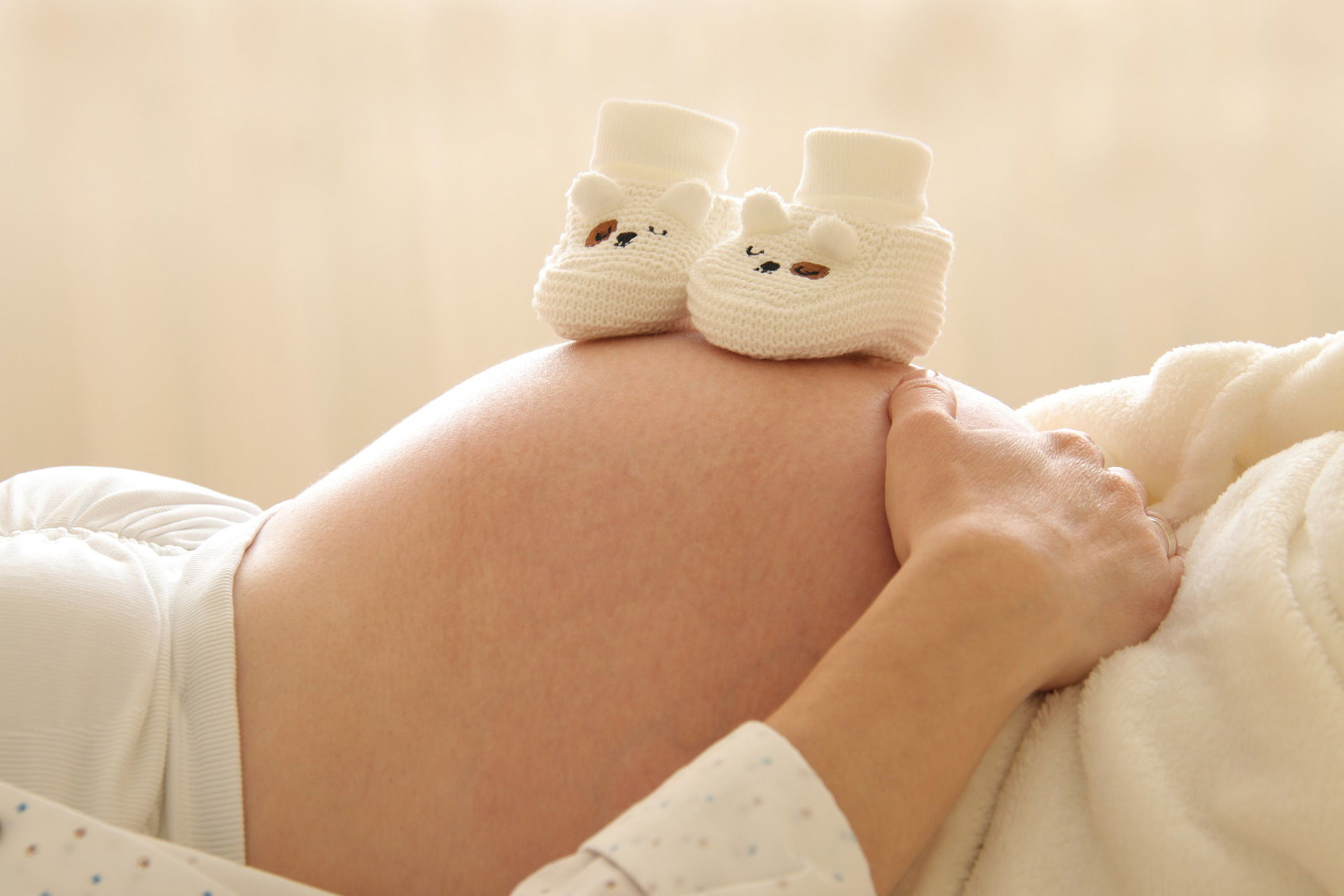The Importance of Good Oral Health During Pregnancy: A Vital Step for Your Baby's Well-being

Pregnancy is a transformative journey that demands special attention to various aspects of health, including oral hygiene. Amidst the excitement and anticipation, it's essential not to overlook the importance of maintaining good oral health during these crucial months. This commitment isn't just about comfort—it's about safeguarding the well-being of both the mother and the developing baby.
Understanding Oral Health Changes
Pregnancy brings hormonal changes that can significantly impact oral health. Elevated levels of estrogen and progesterone can make gums more sensitive and prone to inflammation, leading to gingivitis and gum disease if proper care isn't maintained. Additionally, morning sickness and increased acidity can weaken tooth enamel, increasing the risk of cavities.
Natural Remedies for Nausea
One common challenge during pregnancy is nausea, particularly in the first trimester. While this can be distressing, there are natural remedies that can help alleviate symptoms without compromising oral health:
- Ginger: Ginger has been used for centuries to soothe nausea. Sipping ginger tea or chewing on ginger candies can provide relief.
- Peppermint: Peppermint tea or candies can ease nausea and settle the stomach.
- Lemon: The scent of lemon or sucking on lemon drops can help combat queasiness.
- Acupressure: Applying gentle pressure to specific points on the wrist (often called P6 or Nei Guan) has been shown to relieve nausea.
- Small, Frequent Meals: Eating small, frequent meals throughout the day can prevent the stomach from becoming too empty or too full, reducing nausea episodes.
Potential Risks and Complications
Neglecting oral health during pregnancy can have serious consequences. Gum disease has been linked to preterm birth, low birth weight, and preeclampsia. Bacteria from untreated dental issues can enter the bloodstream and potentially affect the developing baby.
Practical Oral Care Tips
To ensure optimal oral health during pregnancy, consider the following tips:
- Regular Dental Hygiene Visits: Schedule a dental hygienist check-up early in pregnancy and inform your hygienist about your pregnancy.
- Brushing and Flossing: Brush your teeth at least twice a day and floss daily to prevent plaque buildup. You do not need to use toothpaste, dry brushing is even better. Using a toothpaste with a remineralizing agent will help protect your teeth like MI Paste or a toothpaste with Nano Hydroxyapatite.
- Rinse After Vomiting: Rinse your mouth with water or use 1 teaspoon baking soda in 1 cup warm water to neutralize acids in the mouth after vomiting and protect tooth enamel.
- Balanced Diet: Consume a nutritious diet rich in calcium, phosphorus, and vitamins C and D to support dental health.
- Stay Hydrated: Drink plenty of water to keep your mouth hydrated and wash away food particles and bacteria.
The Role of Prevention
By taking proactive steps to care for your oral health, you not only promote your own well-being but also contribute to a healthier start for your baby. Embracing natural remedies for nausea can provide relief without compromising your dental hygiene.
In the beautiful journey of pregnancy, self-care is paramount. Prioritizing oral health, along with embracing natural remedies for common discomforts like nausea, nurtures not only yourself but also your growing baby. Let's celebrate this transformative time by taking holistic steps towards health and wellness, ensuring a smoother transition into motherhood.